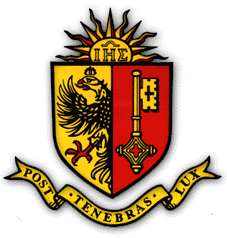Following our Pastoral Program, tonight we had our second Wellbeing session focused on The effects from lack of sleep and How does it affect all areas of our life.
The discussion was interesting. Everybody shared the reasons that can make us go late to bed: social media, homework, stress, etc. Using their answers we set up a new action plan:
1- Unlike us, who have grown up without the internet and mobile phones, our students were born into the age of the Internet and for them, it is something intrinsic and second nature. Students need 7/ 8 hours per night to sleep. Due to their lack of sleep, we made a deal: During the week, they are not allowed to use mobile phones after 22.30.
2- To help relax their body and mind after an intensive daily routine, we suggested that they take a shower and drink a tea or infusion before bedtime. Obviously, family calls/chats are important as well as attending yoga classes or meditating, all helping them feel more relaxed.
3- They need at least five meals: breakfast, snack at school, lunch, snack after school, and dinner. We suggested that they avoid eating fast food and energy drinks. Best to drink water. Tuck shop is cancelled so they can buy their healthy food.
4- They must practice more sports. Almost all of them have signed up for 1 or 2 activities during the week/weekend: fitness, volleyball, horse, soccer, tennis.
We also watched this interesting video about How sleep affects our brain.




